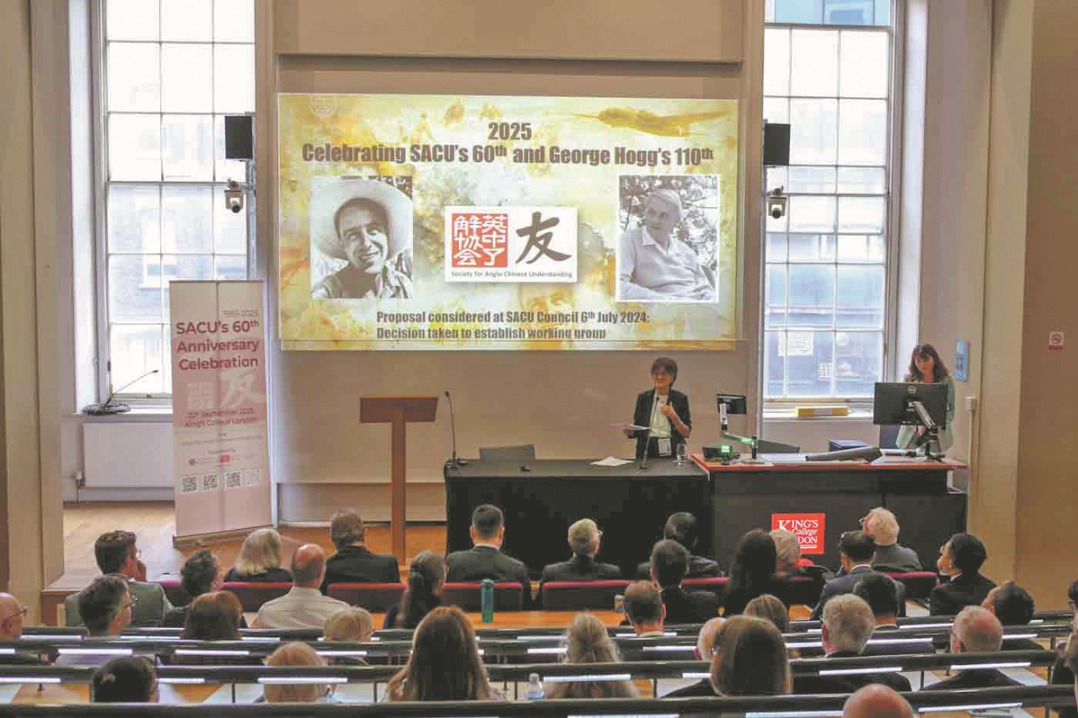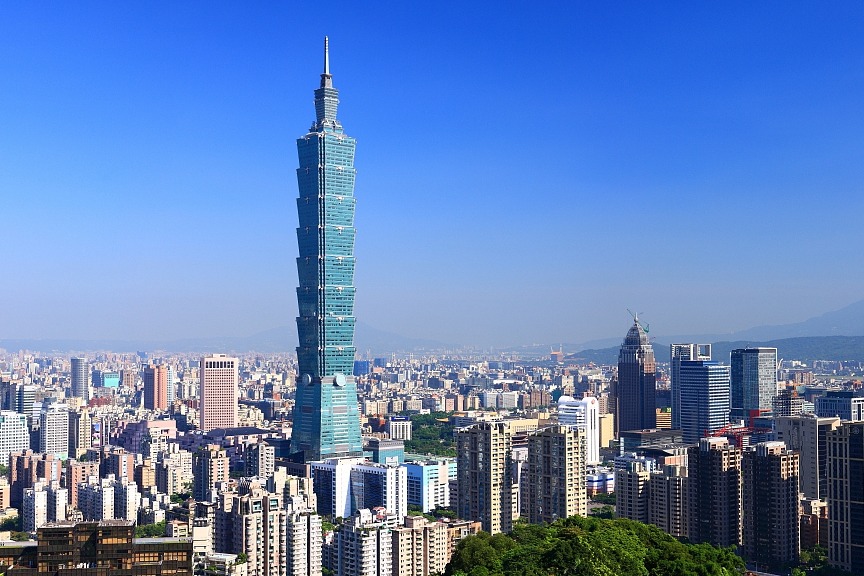Beijing's remarkable journey from thirst to flow


When I came to Beijing 40 years ago, boating was considered a luxury, not only because it was costly but also because of water scarcity. Except for a few places such as Beihai Park and the Summer Palace, there was hardly any water body where one could go boating.
Back then, Beijing and most other cities in northern China were parched. The authorities were working hard to divert clean water from faraway reservoirs just to keep the taps running. Filling up the driedup rivers and lakes with the water to beautify surroundings was out of the question.
Most rivers in northern China are seasonal. There are floods during the rainy seasons, but farmers can grow crops on the riverbeds the rest of the year. A few rivers do keep flowing for longer distances, but the irrigation demands from villages along their banks soon dry them up. For a long time, I remained ignorant that there were rivers around Beijing. All one could see, and smell, were drainage ditches in the city and its suburbs.
Then history changed course. About 30 years ago, the government launched a nationwide drive to tackle its environmental problems. Fetid rivers were cleaned up, treated and revived. Drainage pipes that emptied into rivers and lakes were blocked. And a national responsibility system was set up under which officials were made directly accountable for keeping specific sections of a river or a lake clean.
The results speak for themselves. According to a report from the national environment protection authorities, by mid-2025, nearly all of China's large and medium-sized cities and more than 90 percent of county seats had eliminated black and odorous water bodies, turning the putrid ditches of yesterday into glistening waterways today.
Beijing's own transformation has been nothing short of miraculous. The city not only cleaned up its dirty water bodies but also managed to fill up its dried up rivers and lakes. Much of this turnaround is the result of the South-to-North Water Diversion Project that started in the early 2000s. It carries water from the Yangtze River and reservoirs more than 1,000 kilometers away in Central China to the thirsty plains of North China. Beijing and many other cities in North China have benefited from the project.
The abundance of water has changed Beijing's environment as well as people's lifestyle. What was once an arid sprawl now has several lakes and rivers. During weekends, families flock to riverside parks for picnics. Three decades ago, we used to tell our children that those dusty gullies in Beijing were actually dry riverbeds. Now, as we drive along the riverside roads, we tell our grandchildren how puzzled their parents used to be when they saw rivers without water.
The Beijing Water Authority recently announced that the total length of cruise navigation along the capital's rivers and lakes had surpassed 80 kilometers. Before the end of this year, following the completion of a new project, the distance would be over 100 km, which is equal to the length of Beijing's Fifth Ring Road, a toll expressway surrounding the capital.
I have taken two cruises along Beijing's reclaimed rivers. The view may not be as spectacular as that of the Huangpu River in Shanghai or the Pearl River in Guangzhou, but it is breathtaking nonetheless. I will definitely try the new cruise routes to pay tribute to the engineers and workers who made this possible for Beijing, a city that once didn't even have enough drinking water.
Sometimes, when I take a walk along the rivers with clean water, it almost feels like a luxury. Many people may take it for granted, but I know that the water did not flow in easily. It took decades of effort to make it possible. As good citizens, we should save and protect water so that generations to come can enjoy its abundance.
The author is former deputy editor-in-chief of China Daily. The views don't necessarily represent those of China Daily.
If you have a specific expertise, or would like to share your thought about our stories, then send us your writings at opinion@chinadaily.com.cn, and comment@chinadaily.com.cn.
































